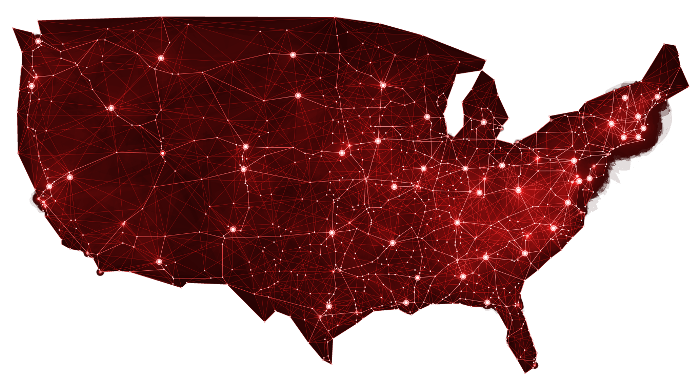Hi, I’m Erik Wolfers, founder and managing member of First & Main Financial. We’ve been helping our clients with perfectly personalized financial solutions since 2001—creeping up on 21 years now. Today, I want to talk just a little bit about markets and volatility.
We’ve been going through some volatility lately in the stock markets as well as in the bond or fixed income markets. The US economy grew huge—one of the biggest years in a long time last year—and with that came inflation. Of course, we’re having other challenges with respect to inflation. There are global supply chain issues and labor shortage due to a number of factors—which we could go into a greater depth, but I won’t go into those at this particular time.
We don’t want inflation because when things get more expensive, it makes it harder for people to live their lives—especially people who make less money or are on a fixed income—such as retired people who have limited flexibility in their earning capacity or even no flexibility in their earning capacity.
When inflation starts to run, our Federal Reserve Bank is one of the main entities that can do something about it—they have the most power and control. When inflation gets high, then the Federal Reserve has to be concerned with trying to knock it back down. Their mandate is to have inflation at about 2% (it used to be about 3%). The Fed has dual mandates of steady, reasonable inflation (you actually want some amount of inflation, you don’t want deflation—that causes a whole other set of problems) and full employment.
Unemployment is low, but there has also been a lot of people who have left the labor force which skews the unemployment number and makes it seem like there are a lot of people working, while in fact some people are just choosing not to work—which is how an unemployment is defined—you have to be looking for work and not able to find work to be considered unemployed. But there are a lot of jobs available right now, which is part of what is contributing to inflation—supply chain issues and people not working—so it’s a bit of a challenging time.
The Federal Reserve does a couple of things to counter inflation, one is they simply reduce the supply of money. If there’s more money floating around and money is easier to get (if it costs less effectively), then people will use it more, borrow more, they’ll do things with what they’ve borrowed—build things, make things, buy things—which also contributes to inflation.
Given the unusual circumstances over the last couple years with the pandemic, it’s hard to understand exactly how long inflation might last or if it will fix itself over some period of time. The Federal Reserve can’t wait, so they will start reducing money supply and pushing interest rates higher—making money more effective essentially, which does have an impact on the economy—slowing things down which should help to moderate inflation. Possibly, the global economy will repair itself to a certain degree as we move through time as well.
When you have these periods of uncertainty—how bad is inflation? will it get higher? how long will it last? how how tight will money have to get before inflation gets tamed somewhat?—these are unanswered questions. With uncertainty you get additional volatility or new volatility. We haven’t experienced volatility for a while in markets—the stock market pulled back to where it was about last summer, over 10%, which is considered a correction—not big correction, but a normal correction.
Today, the stock market came back somewhat just based on Apple strong earnings. We don’t know exactly where we’re going. The stock market certainly is more volatile—but it’s not falling off a cliff and hopefully there’s a reasonable chance things will repair themselves and the Fed won’t need to raise interest rates that much this year. We’ll see what happens and we’re always watching.
If you are looking for some financial guidance; whether for a one time financial plan or continuing advice on your investments, we invite you to meet with a First & Main Financial planner for a free consultation. We would be more than happy to sit down with you, assess your situation and review our services to help navigate your financial future.
Thank you,
Erik S. Wolfers, MBA, CFP®

